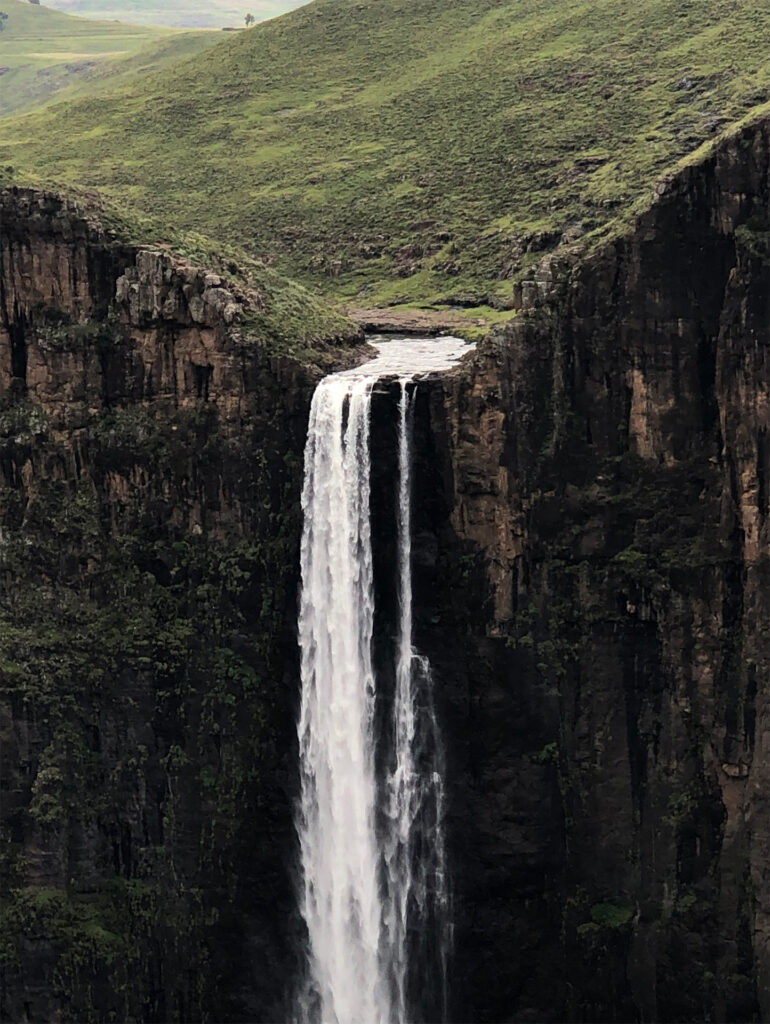Five groups of ASP students of the XVIII Cycle will present to the European Ambassador in Lesotho, Paola Amadei, and to the director of the NGO Rise, Daniela Gusmann, some of the proposals conceived during the last ASP summer school in Loano, regarding the theme “Lesotho water realms: geopolitics, society and rituals”.

“Lesotho water realms: geopolitics, society and rituals” is one of the four streams covered during the last ASP summer school in Loano from 10 to 14 October.
Conducted by Professor Matteo Poli and Tutor Giada Zuan, it takes the opportunity to introduce the complex geopolitical context of Lesotho, an independent enclave Country within South Africa, still unknown to many.
Also called ‘the Kingdom in the Sky’ or ‘the Kingdom of the Mountains’, Lesotho is a surprising revelation when compared to the stereotypical European imagination of sub–Saharan Africa. Lesotho is a landlocked country with an obvious contradiction: an island rich in water and at the same time where water is inaccessible. Water in Lesotho comes in all its states of aggregation: liquid, solid, such as snow, and gaseous, through hydropower.
Water is an element of identity, rooted in the Basotho culture: ancient rituals embodying Basotho beliefs still resonate in the valleys of Lesotho as an echo of the spiritual value that water embodies – as seen in the elements of iconography on traditional blankets or coins. But Lesotho is also one of the few countries that exports water: about 780 million cubic metres of water per year, transforming the Kingdom into South Africa’s largest water reservoir, through the LHWP: a gigantic infrastructure project, typical of the global market, made up of negotiations, compensation, indigenous expropriations.
Maletsunyane Falls, Orange River, Lesotho. Photo by Giada Zuan
Through the ASP workshop on ‘Complex decision making and policy design’, the programme focused on bridging the gap between two distinct discourses on landscape: the inevitable reaction to climate crises such as drought (at the global level) and the cultural sense of environmental losses or touristic opportunities (at the local level).
The issue is extended to multiple scales: (1) exploring the dynamics of drought and the terrain of hydrology through international working bodies that are developing resilience in the face of climate crisis, such as the ReNoka practice; and (2) identifying accessible tools of interest at the scale of communities to maintain and consolidate their cultural heritage in response to the global market, such as Aranda’s work on marketing and cultural heritage.
